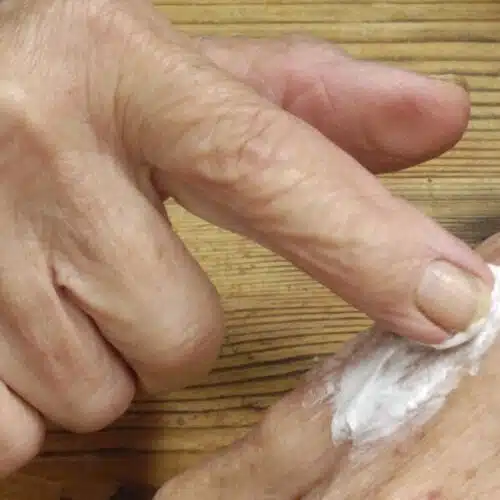Some forms of medical marijuana may help alleviate certain symptoms in patients with multiple sclerosis (MS), according to new guidelines published in the journal Neurology.
Complementary or alternative medicine (CAM) therapies, such as medical marijuana, are popular among patients with MS, who often seek them out to help alleviate symptoms or pain associated with their disease. However, few guidelines exist to help patients determine the effectiveness of these therapies.
According to study author Dr. Pushpa Narayanaswami.
“We wanted to review the literature well and see where we went with it, to guide patients and physicians as well,” Narayanaswami, an assistant professor of neurology at Harvard Medical School, told FoxNews.com. “There’s nothing out there that looks at all of these to see how effective and safe they are.”
The researchers examined a wide array of CAM therapies, drawing from a list created by the National Center for Complementary and Alternative Medicine, a subsidy of the National Institutes of Health. In addition to medical marijuana, the researchers also studied other remedies including ginkgo biloba, magnetic therapy, bee sting therapy, omega-3 fatty acids and reflexology.
Medical Marijuana Helps Symptoms Multiple Sclerosis
In a review of 2,608 studies, the researchers were able to assess which forms of CAM therapies had sufficient evidence to indicate that they may be effective for patients with MS. Overall, researchers discovered that certain forms of medical marijuana – a spray form and a pill form – appeared to have the most evidence indicating they may be helpful in patients with MS.
“What we learned are these specific forms of medical marijuana can ease patients’ symptoms – specific symptoms of spasticity, or muscle stiffnes and helped with frequent urination,” Narayanaswami said.
While medical marijuana provided relief for some symptoms, it did not alleviate other effects of MS, including tremors or urinary incontinence. Medical marijuana also carried some negative side effects, including dizziness, drowsiness, being off balance and cognitive problems in some people, researchers noted.
While spray forms of medical marijuana are only available in Europe and Canada, some pill forms of medical marijuana have been approved in the U.S. to treat nausea and vomiting associated with chemotherapy.
Among other therapies tested, some were more effective than others.
“Gingko biloba, an herb that lots of people use for memory, actually ended up having good studies that suggested it doesn’t really help thinking or memory problems in the patient population,” Narayanaswami said. “But there was a low level of evidence suggesting it may help reduce tiredness or fatigue.”
Magnet therapy, in which people wear magnets on the body to relieve pain, also showed low levels of effectiveness at reducing tiredness or fatigue. And reflexology, a type of massage, showed some effectiveness at easing symptoms of tingling, or ‘pins and needles’ sensations common among people with MS.
However, a low-fat diet high in omega-3 fatty acids from fish oil proved less effective for patients with MS.
“There’s been some question whether a low-fat diet with fish oil can help MS patients and we found that it does not help,” Narayanaswami said. “It may be okay for general health, but it doesn’t help with disability or symptoms of MS.”
The researchers also found bee sting therapy, in which people voluntarily subject themselves to bee stings to relieve MS-related pain, was ineffective.
Researchers advised that patients considering alternative therapies should be sure to consult their doctors – even when using therapies that have shown strong evidence for effectiveness.
“I think one of the key messages is there’s little evidence that most therapies work. We don’t have good information on if they interact with prescription MS drugs, we don’t have good information about safety, so patients should talk to their doctors if they are using them,” Narayanaswami said. “It’s also important to note that the FDA doesn’t regulate most of these therapies, so patients don’t really know they are getting.” Reported by Fox News.


